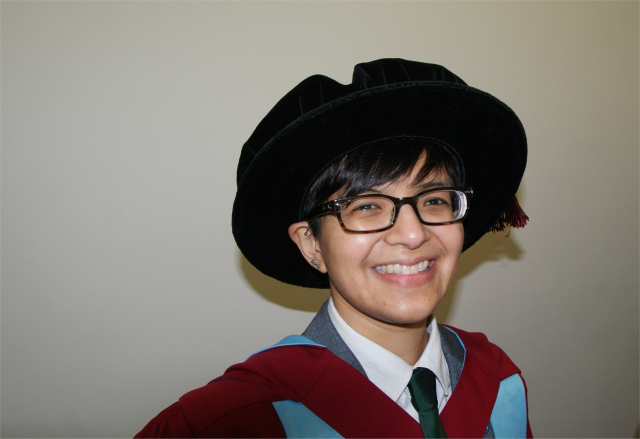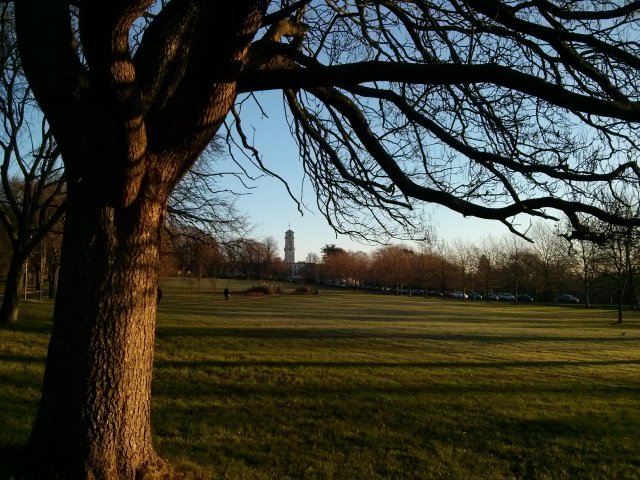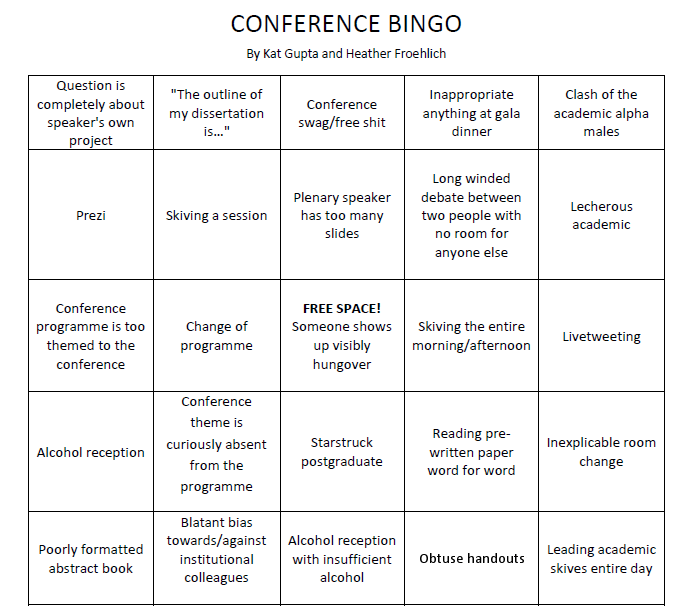Last week I lost access to my institutional email account. This is a problem on several levels: I am on the organising committee for a conference and have access to the conference email account – which has to be accessed through my institutional email account. I’m working on a project at the University of Nottingham and need to communicate with other members of my team and have computer access for when I’m working on campus. I’m in talks about a publication. Finally, I’m teaching at two other institutions and (probably) won’t get an institutional email address at either.
Luckily my access to my Nottingham postgrad account was extended by a week so I could get on with my work, I have been set up with an Associate account and I have an email account attached to this domain so I do have an email account slightly removed from my personal one. I find it’s crucial to have this separation between personal and professional identities – not least because I don’t want my academic contacts to be able to see when I’m online, add me on a messaging service without my consent and so on.
Having graduated and currently working several part-time jobs yet without a long term contract, I am merely one tiny cog in an academy increasingly built on casual labour and short-term contracts. Melonie Fullick outlines the problems with this precarious existence, and I suggest that some of the issues crystallise around my (lack of) institutional email account.
As for early-career academics, they’re not even sure if there’s a place for for them in the university anymore or if so, what it will look like. What this adds up to is a special kind of chaos that exists alongside, intertwined with, the still-stable roots and structures of academe; and it takes a lot of privilege to be able to close one’s eyes to that.
In my academic world, an institutional email address is one of the structures of academe; it gets added to departmental and career-stage email lists so I know what’s going on, I use my user name to access electronic and teaching resources, I can use the staff and student directory to contact people. More than that, it signals a professional identity, an institutional aegis, an academic belonging.
What does it mean to send an email from an address ending in @nottingham.ac.uk versus @mixosaurus.co.uk? What does it mean to give my students an email address that will expire in a few months time, as my Associate account probably will?[1] What does it mean to give my publisher an email address that will expire in a few months time? What does it mean to give them an email address that the domain name reveals as personal rather than institutional?
What does it mean to build up relationships that occur primarily through email (and occasional meetings/conferences) without having a consistent long-term email? What does it mean to have friends, former colleagues, (former) mentors in academia without knowing that if they want to contact you, they know where to write?
I am reminded of a friend at college who changed her email and livejournal accounts regularly; I inevitably missed one change, she probably assumed I no longer wanted to be friends and we drifted apart. A good friend, one that I would like to have stayed in touch with – and yet, I was thwarted by the fragility of an online connection, the difficulty of maintaining it through account changes and deletions.
Moving back to Fullick’s observations, I am reminded that a stable email address comes with a stable job – one that is largely located in one institution and can be reasonably be expected to last years rather than months or weeks. This system of short-term contracts and precarious employment is difficult in so many ways. The fact that even the method of communication underpinning academia does not account for such experiences of employment highlights the disparity between the conditions of work found in “still-stable roots and structures of academe” and the way that many early career academics work, and are expected to work. It draws attention to the fact that the way I am expected to teach and research unsupported by the roots and structures of academe, but at the same time thrive in in an environment where these same structures are necessary and relied upon.
Anyway, does anyone have any suggestions as to which contact email address I should give my students?
[1] While I won’t be teaching them then, what if they email me later to ask for a reference?





